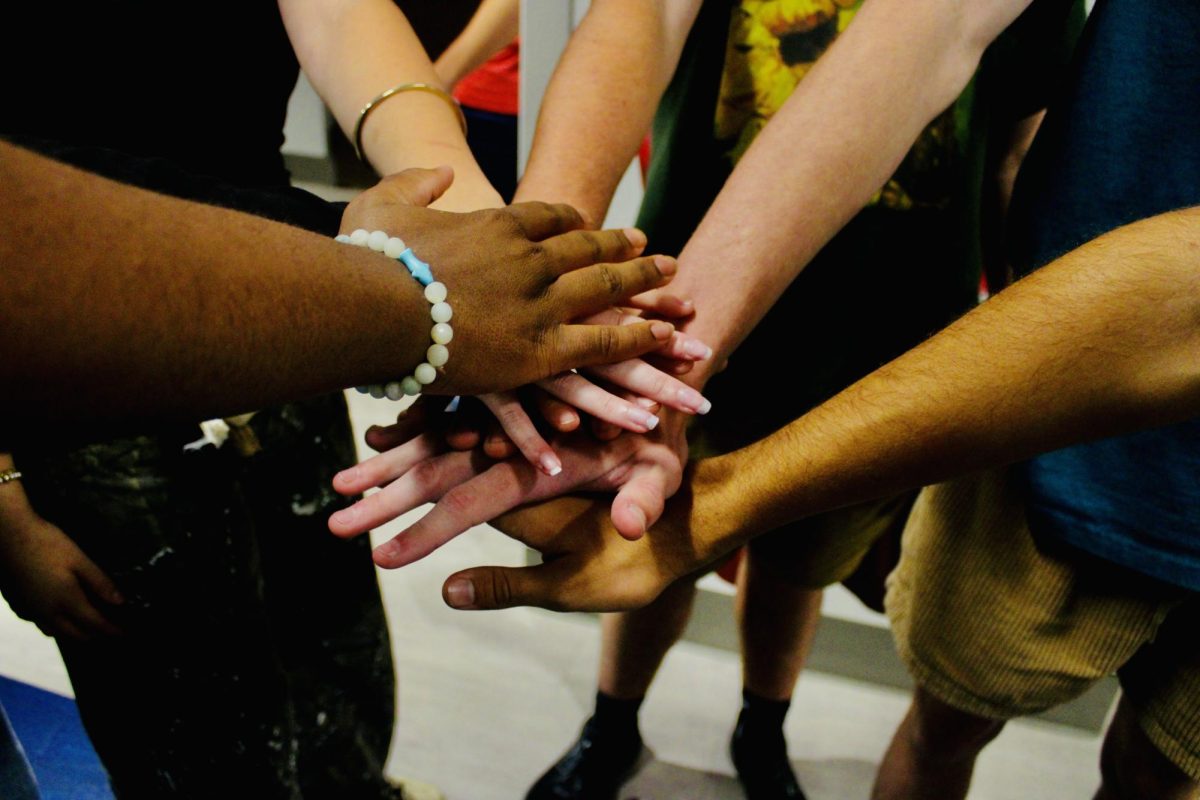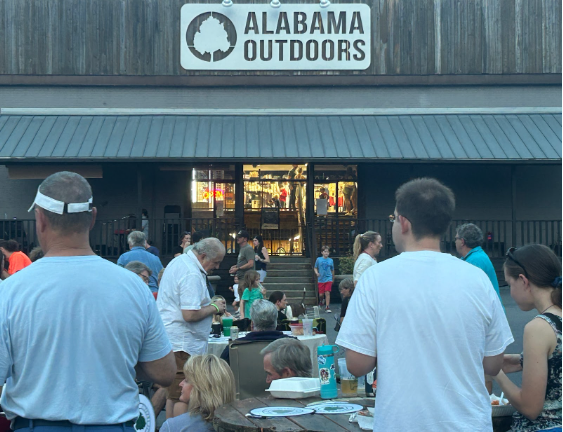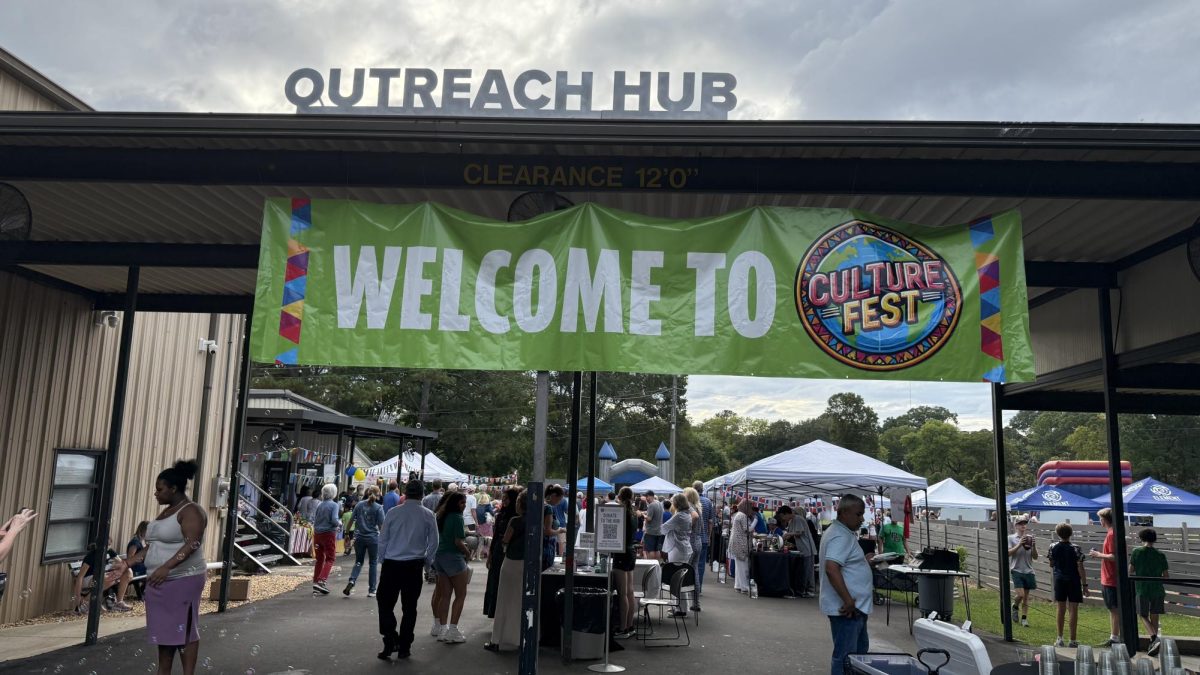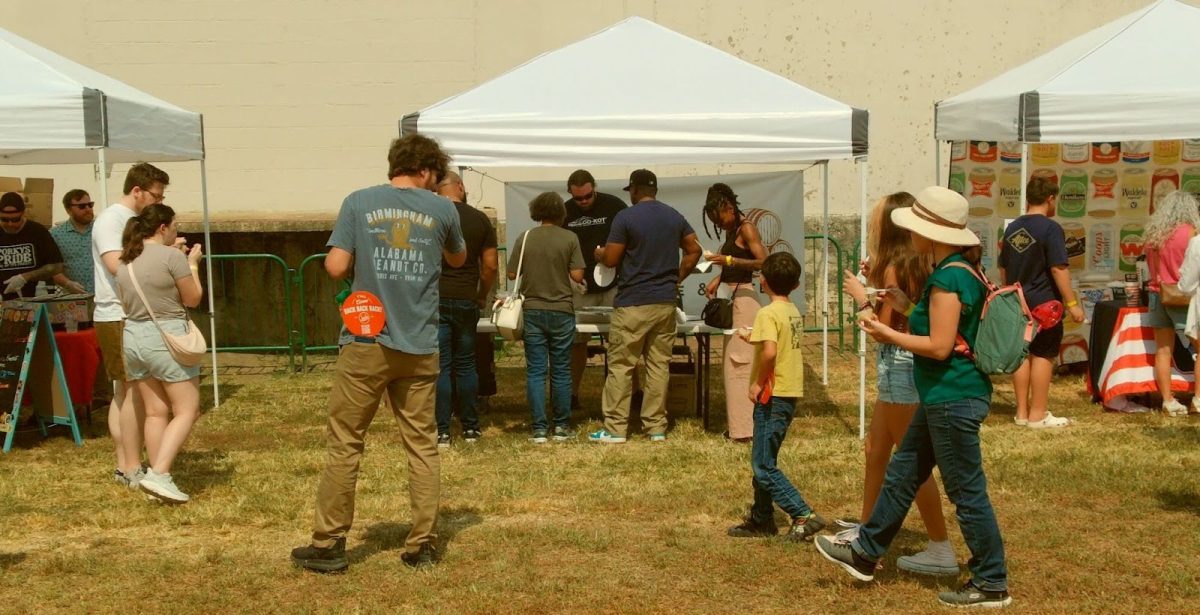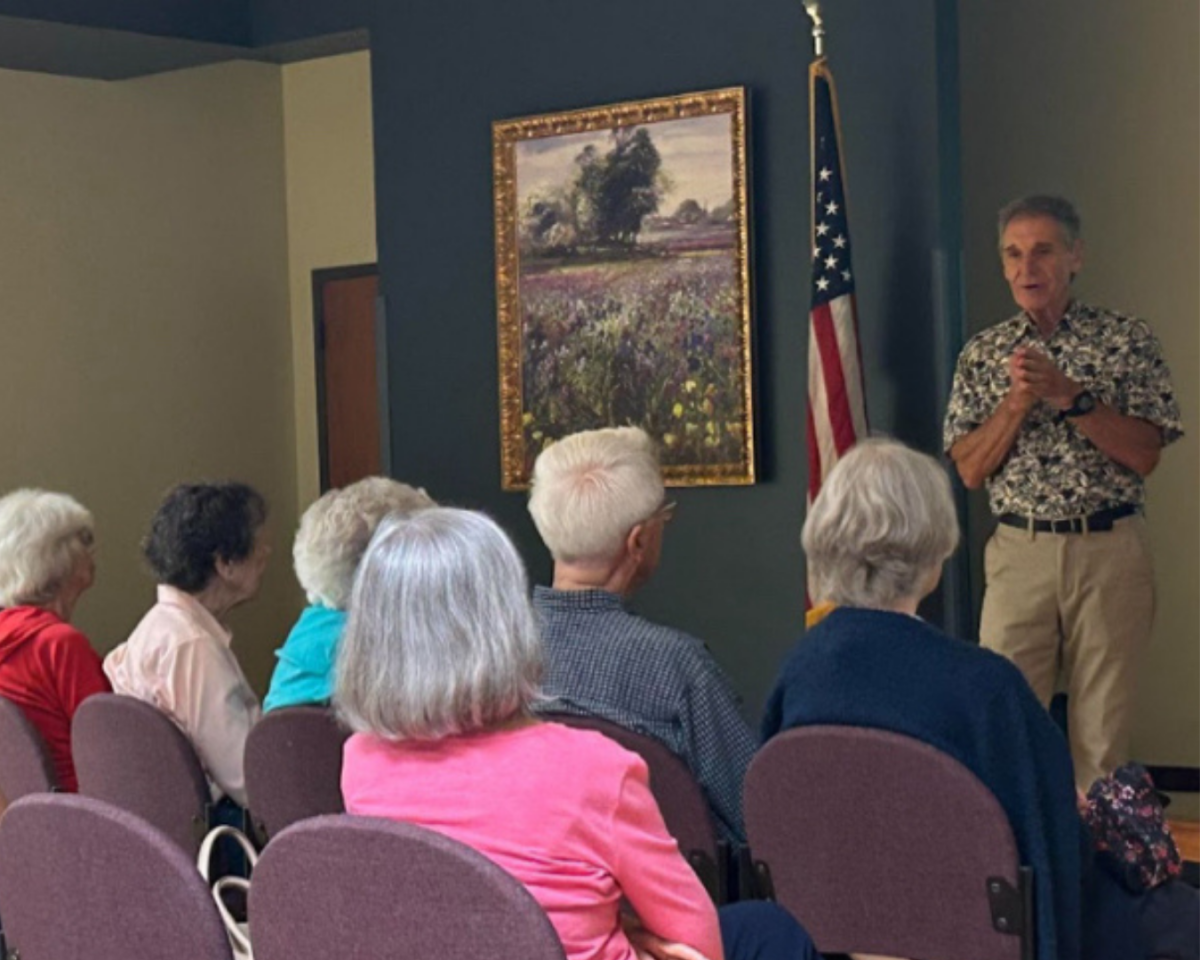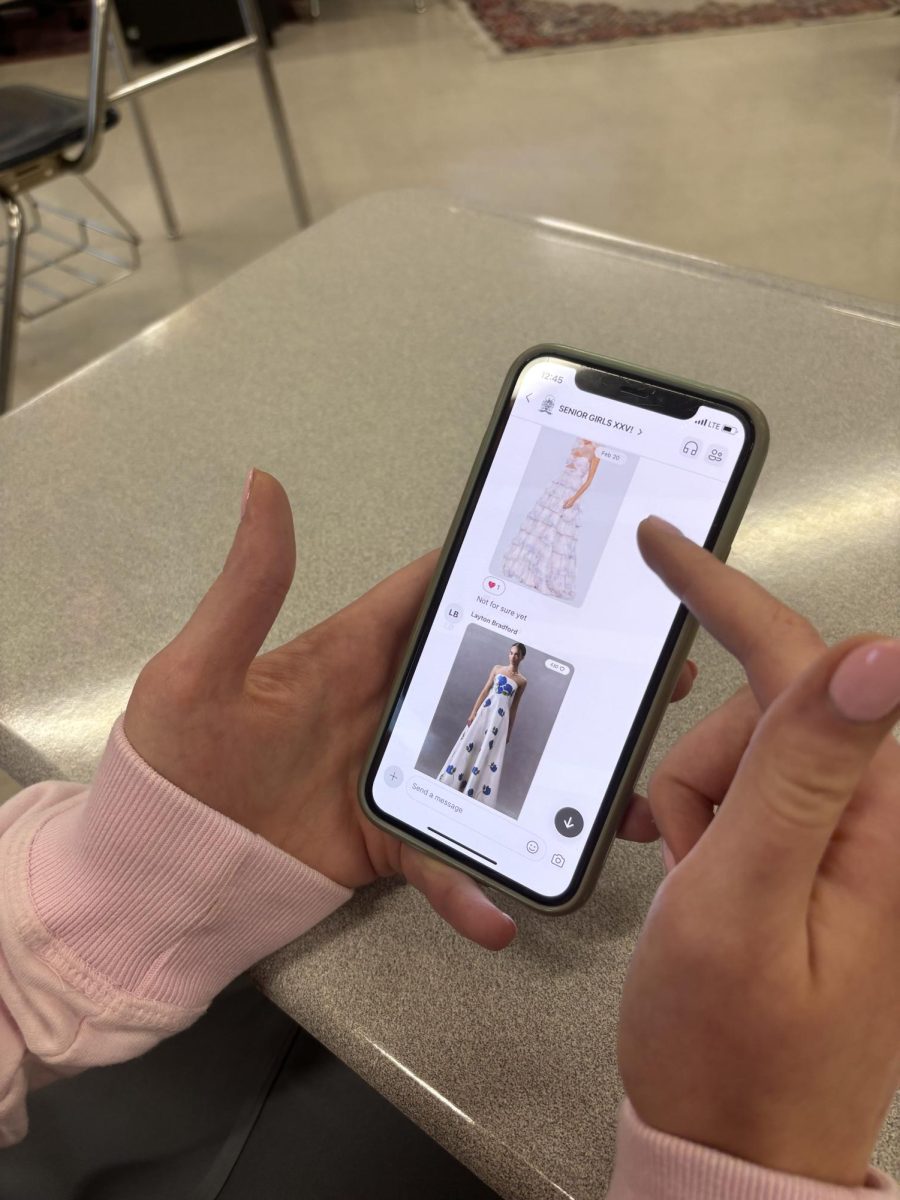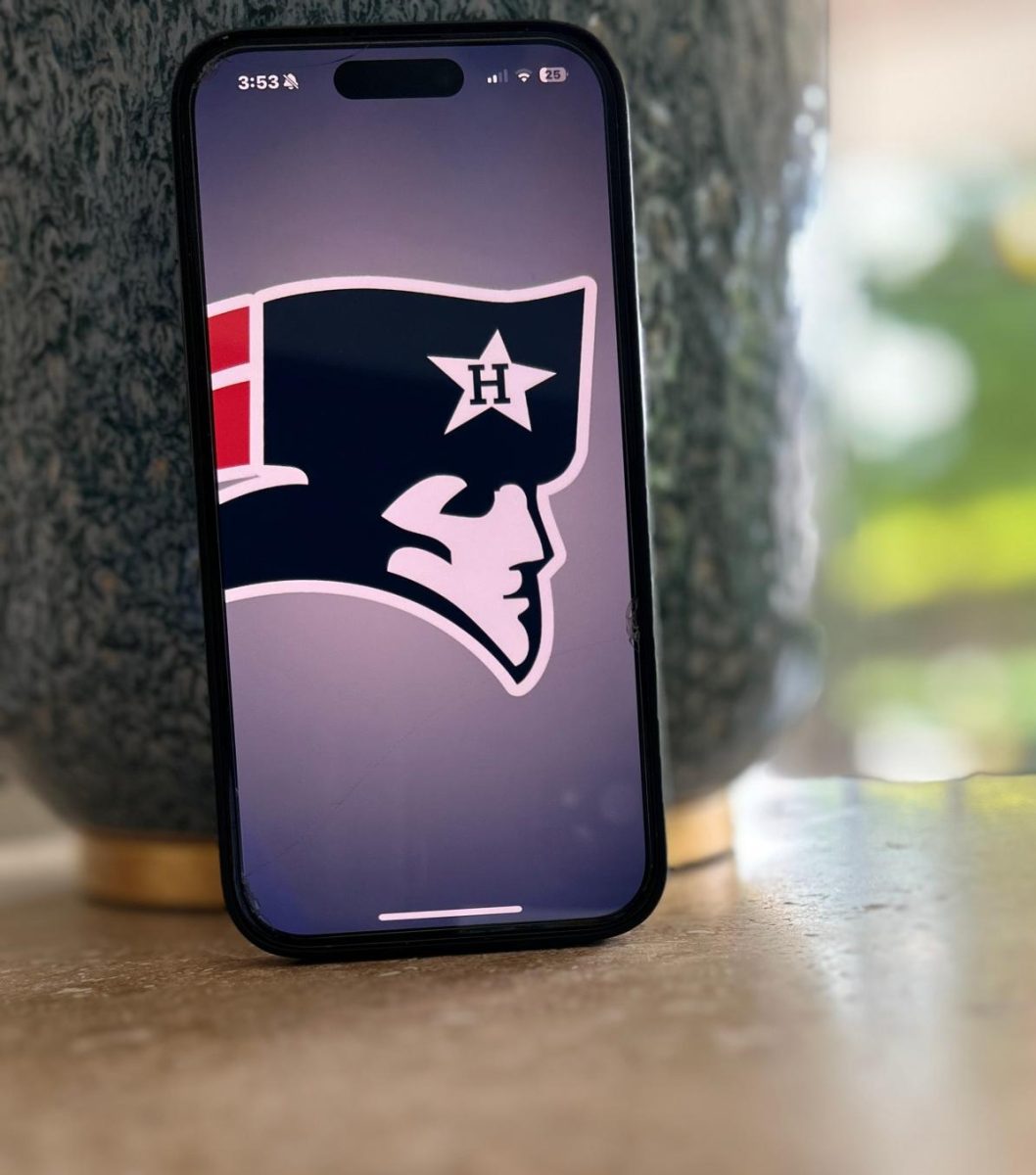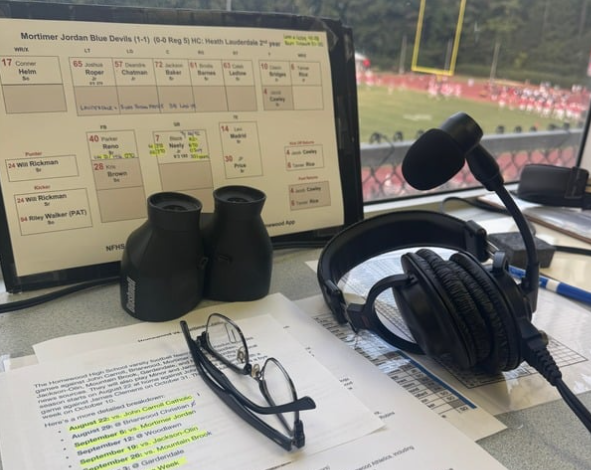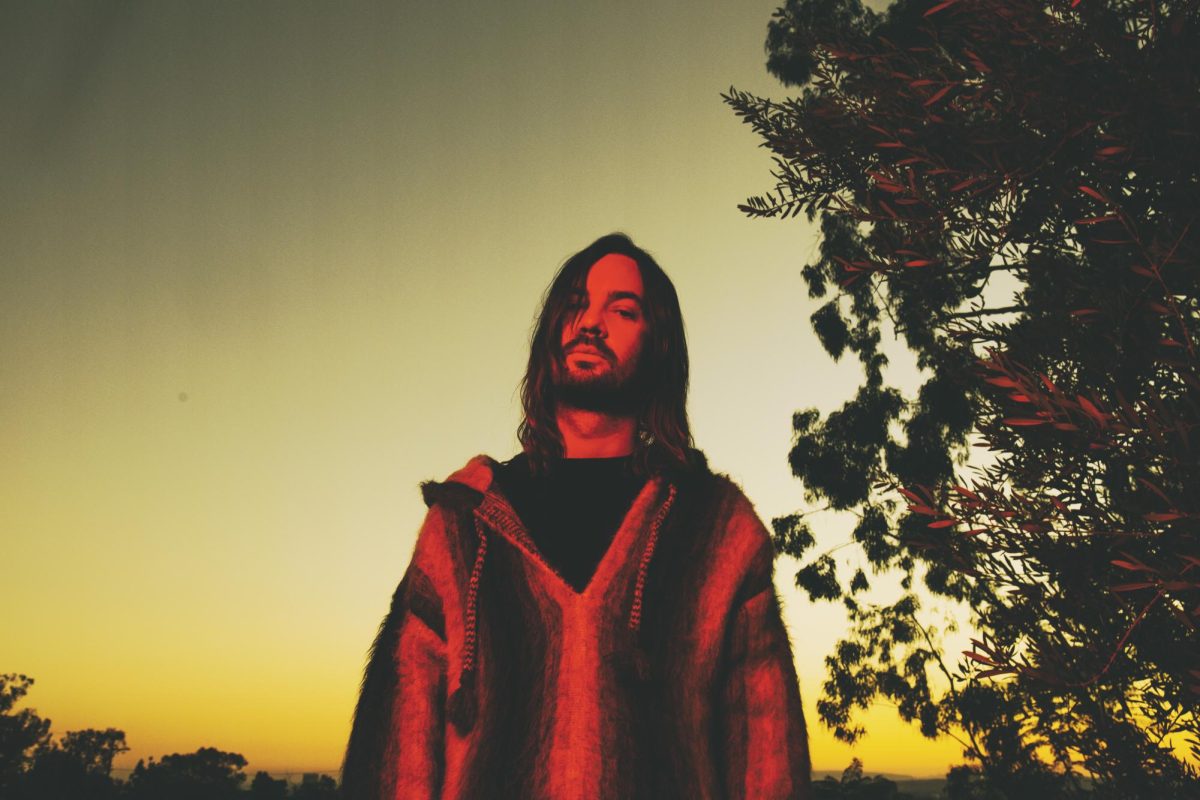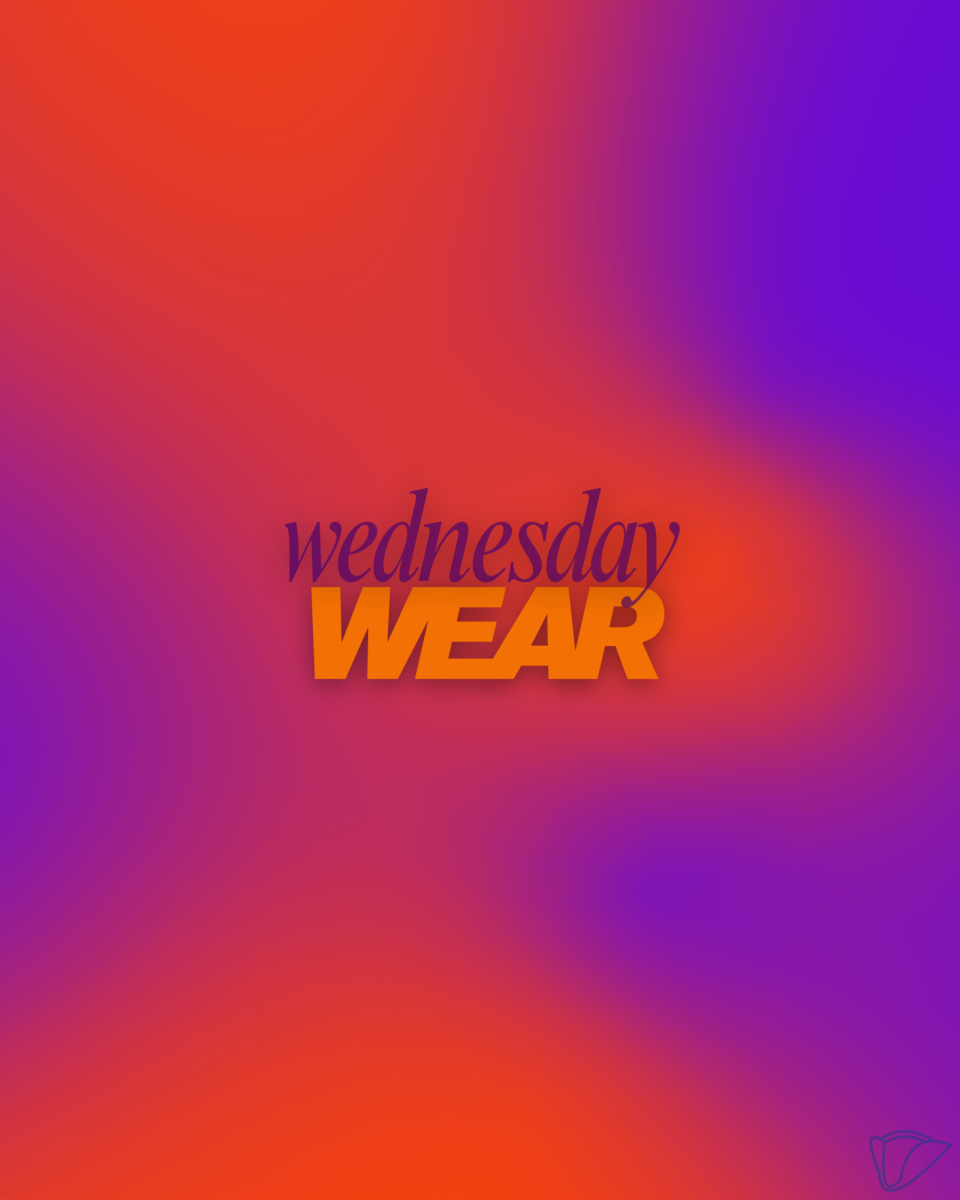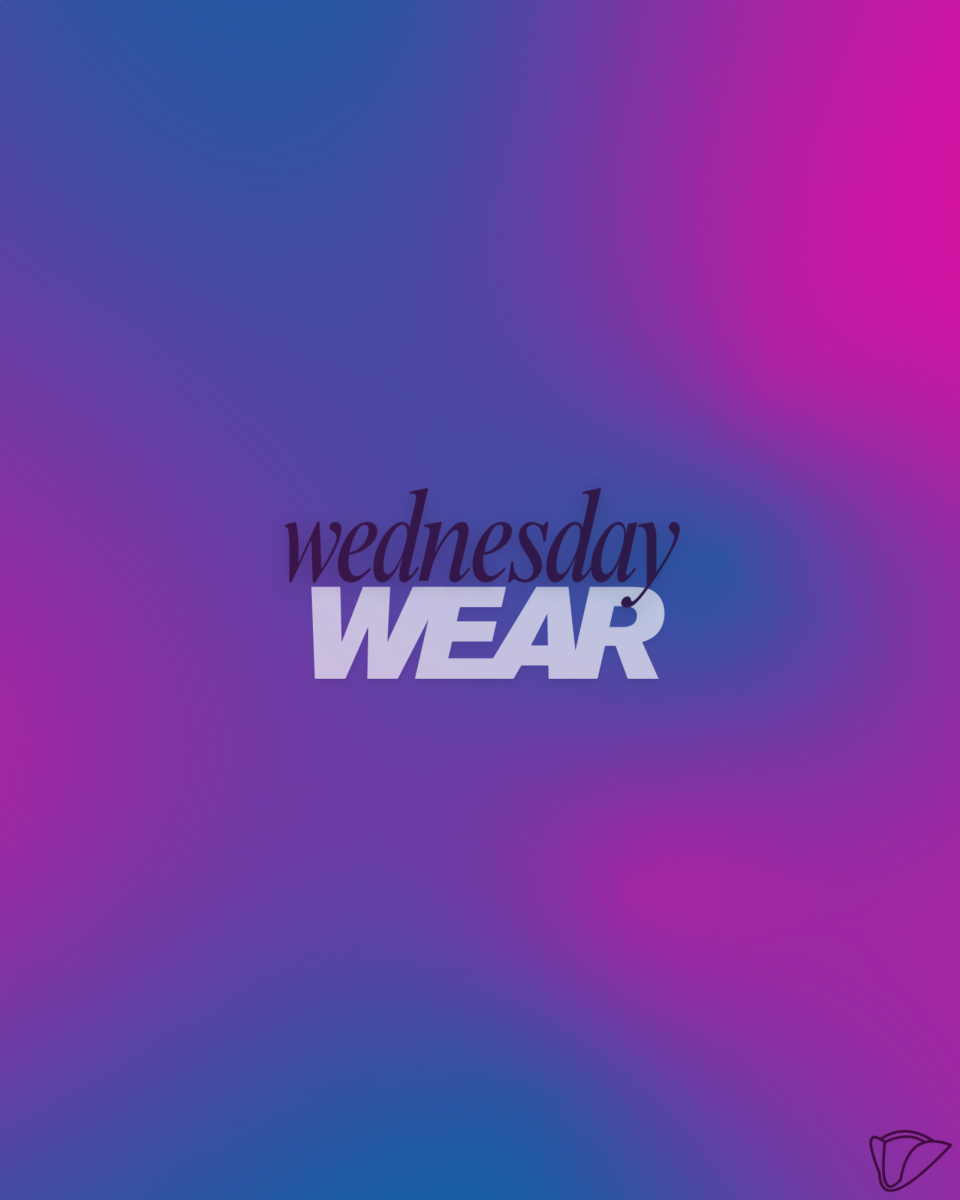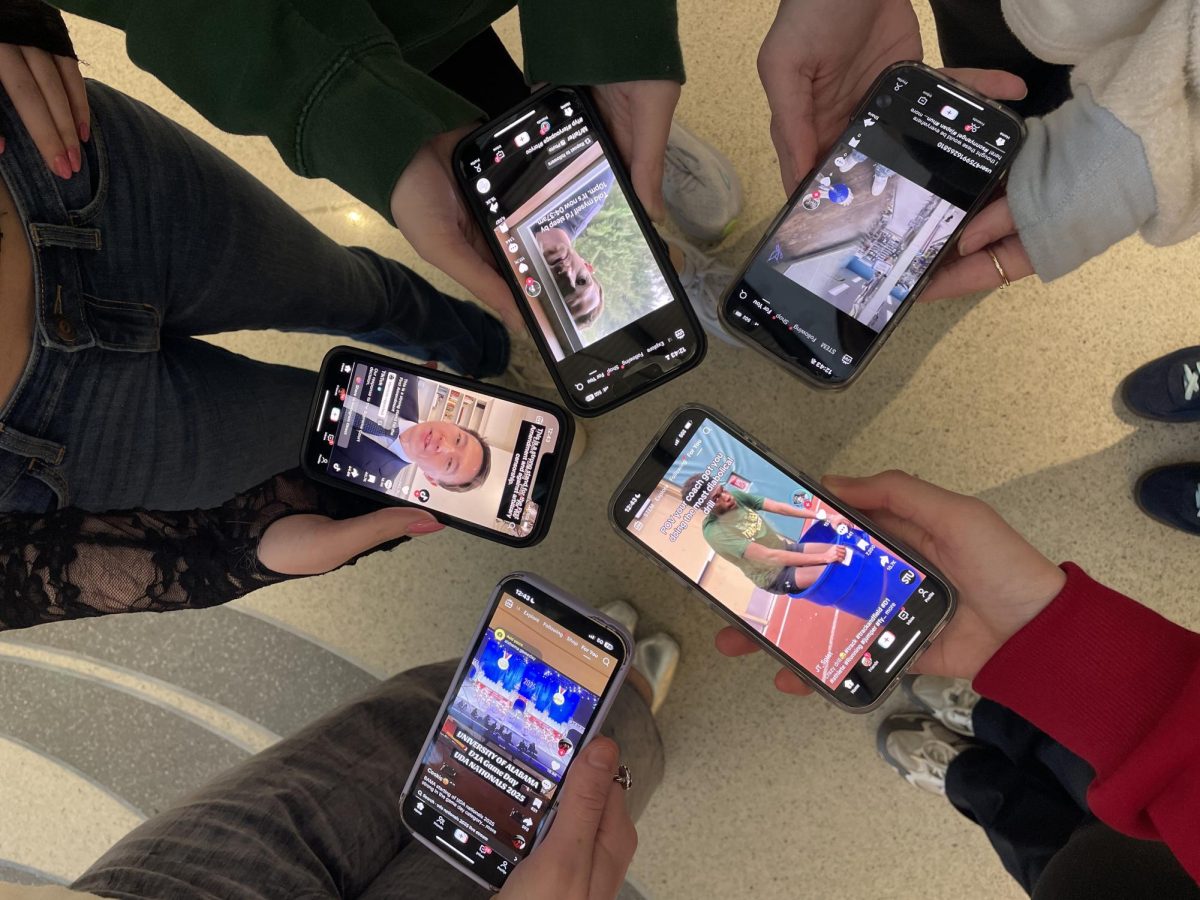The U.S. Supreme Court unanimously ruled on Jan. 17 that the federal government can legally ban TikTok’s U.S. operations on Jan. 19. This ruling will affect over 170 million Americans who are active users of the app.
SCOTUS ruled that The Protecting Americans from Foreign Adversary Controlled Applications Act (PAFACA), which allows the government to ban foreign-owned apps that threaten national security, is constitutional.
People opposed to the law argue it infringes upon the First Amendment right to freedom of speech, as over one-third of Americans use the platform as an outlet of expression. However, SCOTUS ruled that national security threats, such as undisclosed data surveillance, override these concerns.
The law mandates that TikTok’s Chinese-owned parent company, ByteDance, must sell the app or face a ban on Jan. 19.
While the app may be sold to an approved buyer, this is unlikely. Perfecting the algorithm has taken years, making TikTok an asset that ByteDance and the Chinese government are reportedly unwilling to part with. However, buyers such as Elon Musk and Project Liberty are still eager to negotiate a deal for the title rights.
When President Trump enters office one day after the deadline, his administration must decide whether to enforce the ban, which fines web-hosting providers that don’t cut ties with the platform. The law does allow for a 90-day extension if significant progress is made toward a sale, so it’s still unclear what will happen in the next few days.
If nothing changes before Sunday, TikTok will not automatically disappear from users’ phones, but will be removed from app stores. While it will technically still exist, it will no longer receive software updates. TikTok staff perform two weekly software updates to fix bugs and glitches, so without maintenance, the app will eventually become unusable.
The impending ban has left users distraught over the possibility of life without the beloved app, including a majority of HHS students.
At the HHS Current Events Club’s most recent meeting before the official ruling, student members discussed the objective implications and their personal feelings on the ban.
“I think the ban just shouldn’t happen,” senior Luke Binet said. “A lot of Americans use the app as a full-time job, like influencers and TikTok Shop businesses, so [the ban] is going to take away their source of income. I understand the government’s reasoning, but there are just a lot of other factors it seems like they aren’t considering.”
Senior Jack Mitchell disagrees with the ruling for different reasons.
“I just don’t think it makes sense to have this be a one-time case,” Mitchell said. “There are plenty of other Chinese companies we use that are doing the same stuff, like Temu. Also, the alternatives that people are using, like Red Note, are probably worse because they’re new and less regulated.”
Senior Ada McElroy is considering joining the “great migration” of TikTok users to alternative social media platforms, with Red Note being the most popular, gaining over 700,000 new American users in just two days.
“The Chinese people on Red Note call us ‘the TikTok refugees,’” McElroy said. “It’s honestly funny, I’m thinking about downloading it myself.”
TikTok’s short video format and personalized algorithm keep users scrolling for hours. Without this mindless activity to fill their free time, users are brainstorming ways to keep themselves entertained.
“I’m probably just going to switch to Instagram Reels,” senior Ethan Brasher said. “But it’s just not the same, so maybe I’ll start reading more or pick up a new hobby.”



